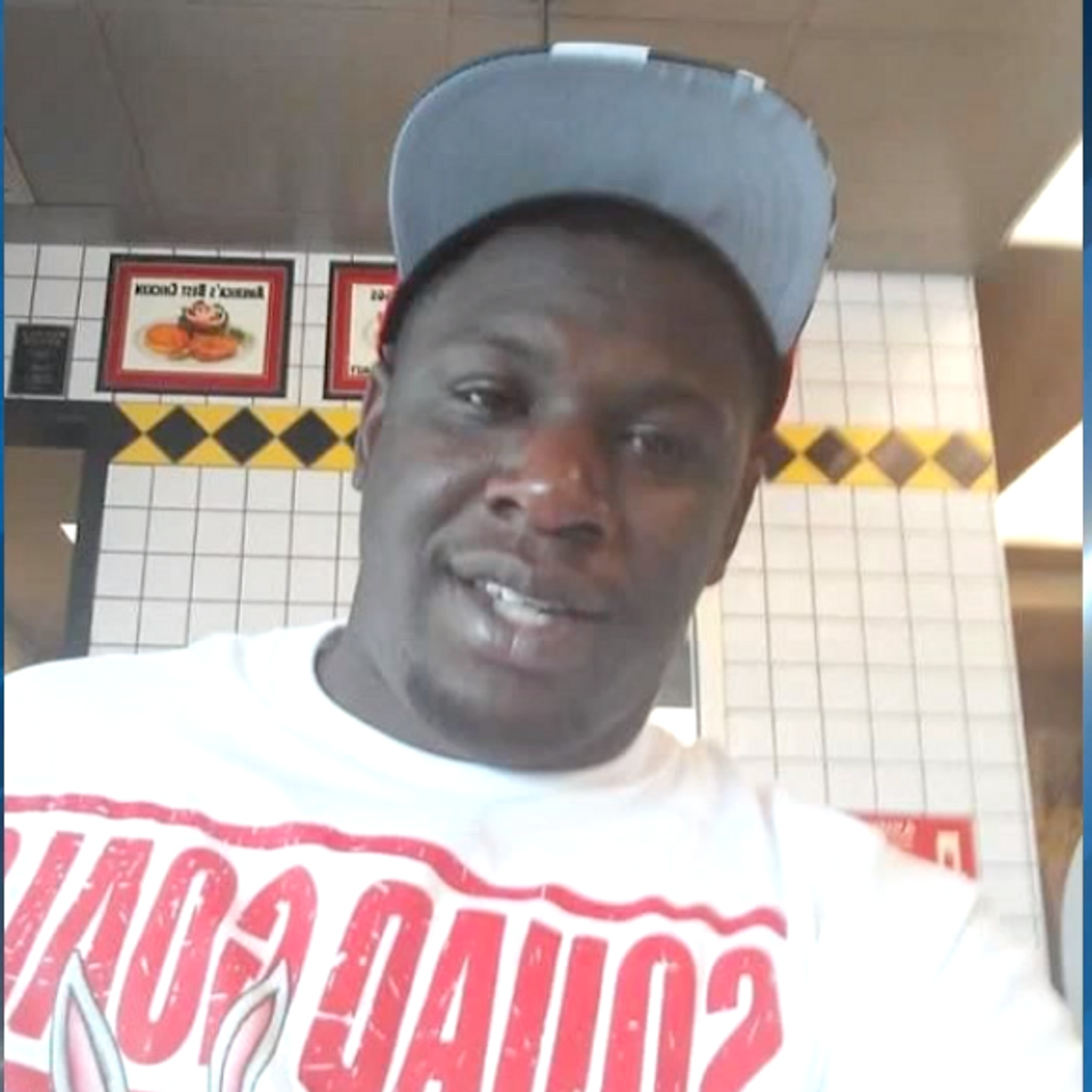A federal lawsuit has been filed by the family of Jawan Dallas against the city of Mobile as well as two Mobile police officers who have been identified as John Doe 1 and John Doe 2. The case was filed five months after Jawan Dallas passed away.
According to Harry Daniels, an attorney who specializes in civil rights, “Juwan Dallas had a life, he had destiny, and he had plans.” “We are going to allow those plans and that destiny to continue through his mother, through his family, and we are going to sue on his behalf for the amount of $36 million.”
During the month of July, Dallas was involved in a confrontation with two officers from the Metropolitan Police Department. During the battle with the police, he allegedly received two tases, according to the investigators. The medical examiner came to the conclusion that the tasing did not have a role in Dallas’s passing. The investigation stated that he passed away as a result of preexisting health problems and drug use, both of which were made worse by the exertion that occurred during the arrest.
According to Daniels, “He was beaten multiple times along with being tased multiple times, which ultimately led to his death.”
It was determined by a grand jury in Mobile County that the cops involved in Dallas’ death did not have any criminal responsibility for his death. An attorney who specializes in civil rights, Harry Daniels, has stated that the case contains charges of unlawful use of force and violations of excessive force guidelines.
In addition, the lawsuit asserts that the officers violated Dallas’ rights under the Fourth Amendment by requesting his identification when he was not suspected of committing a crime. This is the reason why attorneys also filed a claim that the customs policy violated the Constitution.
A statement made by Daniels stated that the police officers in the city of Mobile are not permitted to demand identification without a reasonable suspicion or basis.
There is a pattern and practice that exists within the Mobile Police Department that is emblematic of the violent culture in the United States, according to Lee Merritt, who stated that this is what we are alleging in the case.










